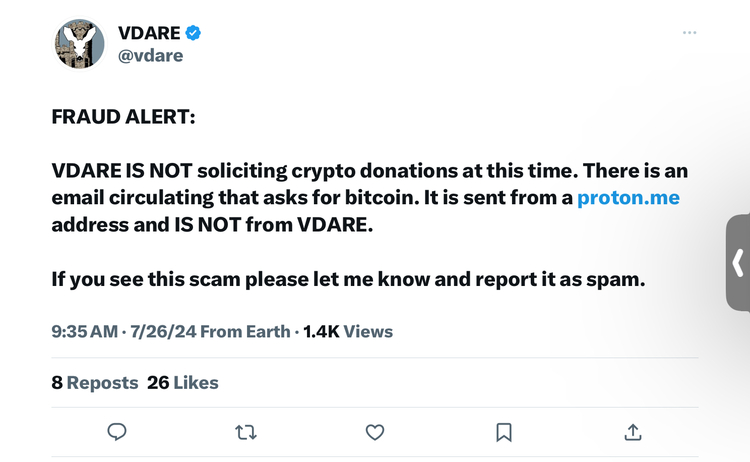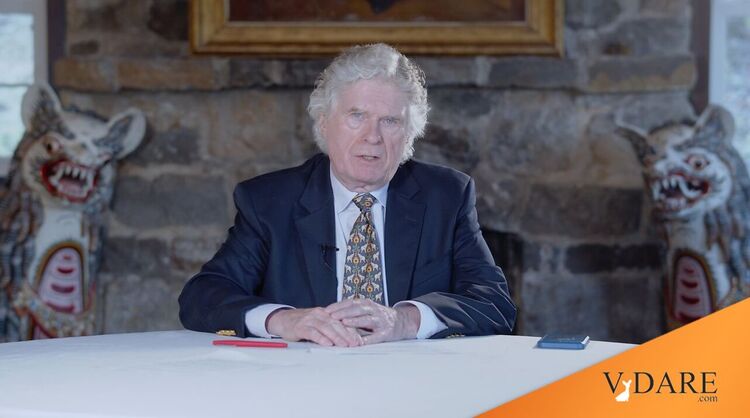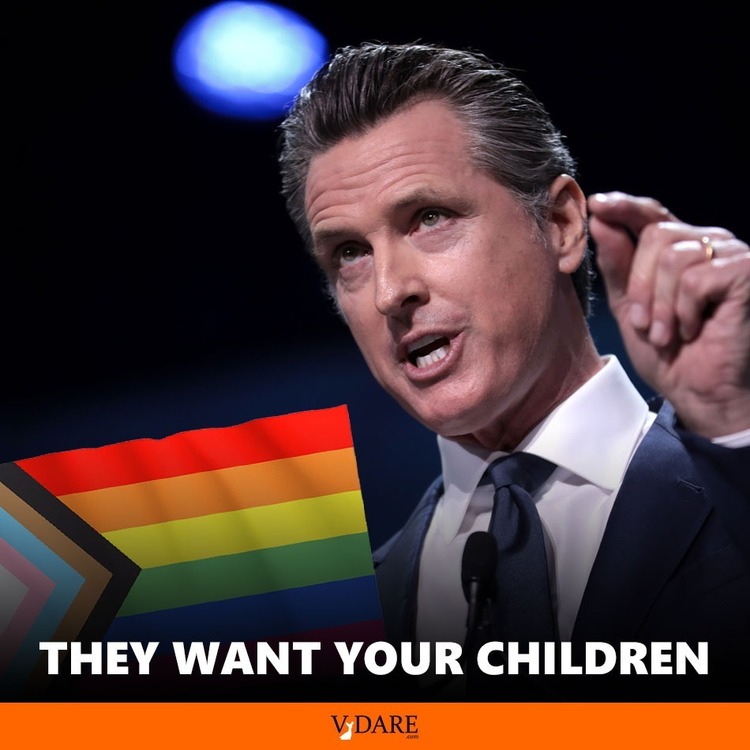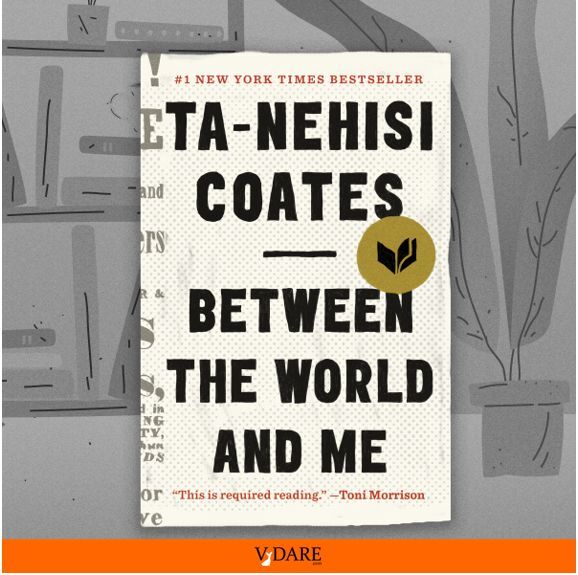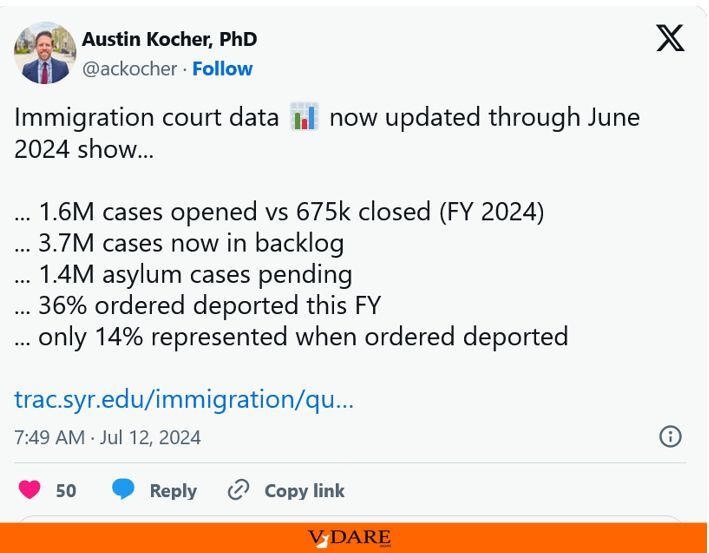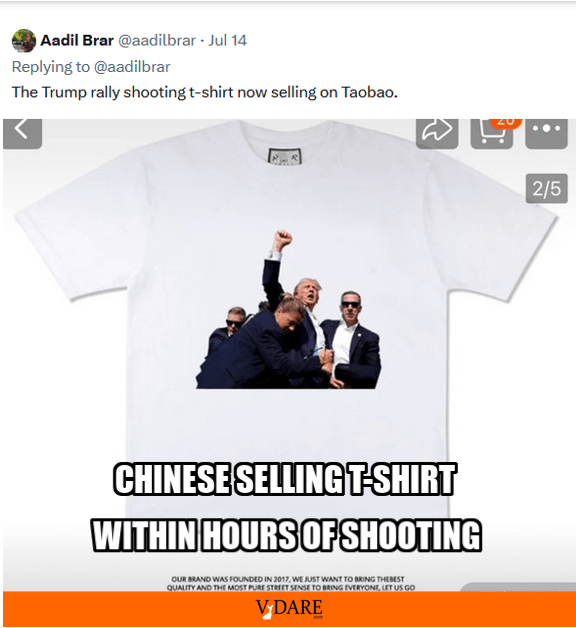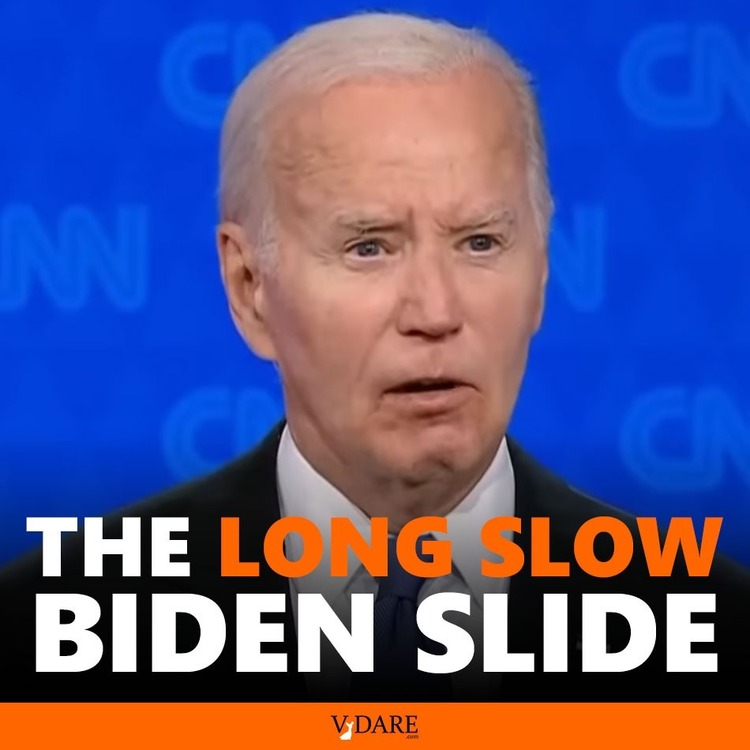Elon Musk grew up in elite white communities in South Africa, detached from apartheid’s atrocities and surrounded by anti-Black propaganda.
— The New York Times (@nytimes) May 5, 2022
He sees his takeover of Twitter as a free speech win but in his youth did not suffer the effects of misinformation. https://t.co/bciCJDWGGP
From the New York Times news section:
Elon Musk Left a South Africa That Was Rife With Misinformation and White Privilege
The apartheid era created all-white enclaves littered with anti-Black government propaganda and sheltered from the atrocities of apartheid.
By John Eligon and Lynsey Chutel
John Eligon and Lynsey Chutel interviewed 13 acquaintances or family members of Elon Musk over the course of five days, reporting from Johannesburg and Pretoria.
May 5, 2022
 John Eligon [right, Tweet him] is the NYT’s male equivalent of their black lady writers who cover the Hair-Touching Beat.
John Eligon [right, Tweet him] is the NYT’s male equivalent of their black lady writers who cover the Hair-Touching Beat.
Elon Musk’s impending takeover of Twitter has many people probing his public statements and his past for clues about how he will shape one of the world’s most influential public platforms.
But Mr. Musk, best known for owning the companies Tesla and SpaceX, has not talked much in public about a significant swath of his past: How growing up as a white person under the racist apartheid system in South Africa may have shaped him.
“It’s telling — white kids were insulated from the harsh reality of it,” said Terence Beney, who is white and graduated with Mr. Musk from Pretoria Boys High School in 1988.
Interviews with relatives and former classmates reveal an upbringing in elite, segregated white communities that were littered with anti-Black government propaganda, and detached from the atrocities that white political leaders inflicted on the Black majority.
Mr. Musk, 50, grew up in the economic hub of Johannesburg, the executive capital of Pretoria and the coastal city of Durban. His suburban communities were largely shrouded in misinformation. Newspapers sometimes arrived on doorsteps with whole sections blacked out, and nightly news bulletins ended with the national anthem and an image of the national flag flapping as the names of white young men who were killed fighting for the government scrolled on the screen.
“We were really clueless as white South African teenagers. Really clueless,” said Melanie Cheary, a classmate of Mr. Musk’s during the two years he spent at Bryanston High School in the northern suburbs of Johannesburg, where Black people were rarely seen other than in service of white families living in palatial homes.
Mr. Musk left South Africa shortly after graduation at 17 to go to college in Canada, barely ever looking back. He did not respond to emails requesting comment about his childhood.
Mr. Musk has heralded his purchase of Twitter as a victory for free speech, having criticized the platform for removing posts and banning users. It is unclear what role his childhood — coming up in a time and place in which there was hardly a free exchange of ideas and where government misinformation was used to demonize Black South Africans — may have played in that decision.
Classmates at two high schools he attended described him as a loner with no close friends. None offered recollections of things he said or did that revealed his views on the politics of the time. But Black schoolmates recall that he spent time with Black friends.
Mr. Musk’s father, Errol Musk, said in an interview with The New York Times that Elon, his brother and sister were aware from a young age that there was something wrong with the apartheid system. Errol, who was elected to the Pretoria City Council in 1972, said they would ask him about the laws prohibiting Black people from patronizing restaurants, movie theaters and beaches. They had to make calculations when they were going out with nonwhite friends about what they could safely do, he said.
“As far as being sheltered from it, that’s nonsense. They were confronted by it every day,” recalled Errol, who said he belonged to the anti-apartheid Progressive Party. He added, “They didn’t like it.”
Still, Errol offered a description of their lives that underscored how removed they were from the country’s violent reality. They got along well with Black people, he said, pointing to his children’s good relationship with their domestic staff, and he described life in South Africa during apartheid as being mostly better and safer than it is now.
According to a biography of Mr. Musk, written by Ashlee Vance, Mr. Musk said he did not want to partake in South Africa’s mandatory military service because it would have forced him to participate in the apartheid regime — and that may have contributed to his decision to leave South Africa shortly after high school graduation.
Word not appearing in this lengthy profile of why Musk no longer lives in his native land: “refugee.”
Here’s my review of the film of another South African refugee, Neill Blomkamp, District 9.


